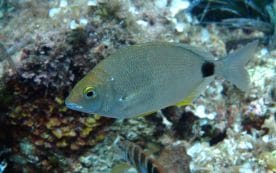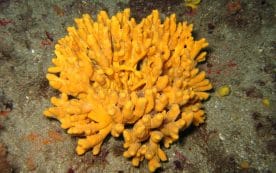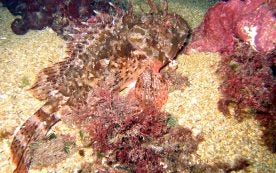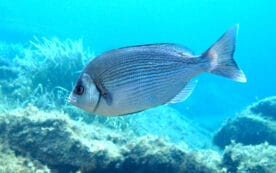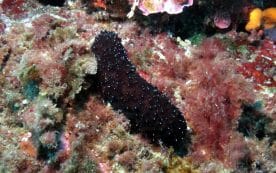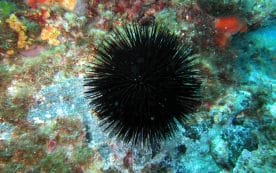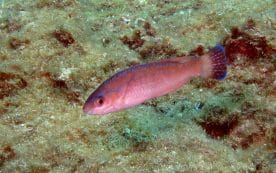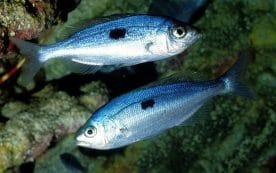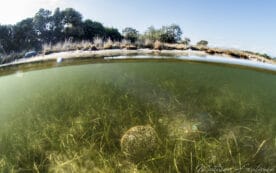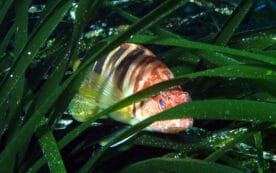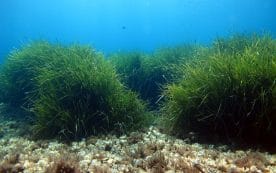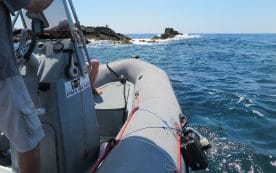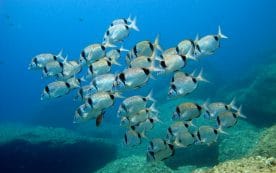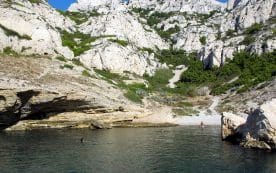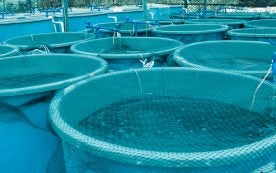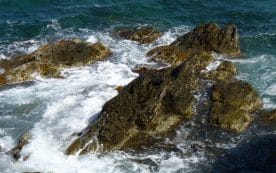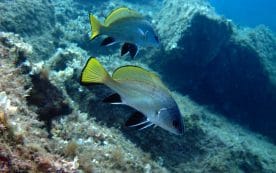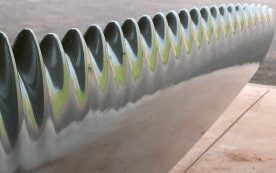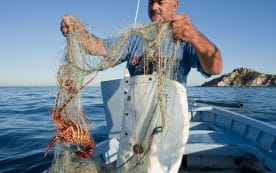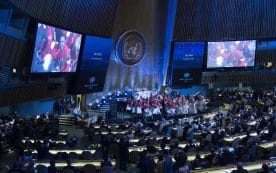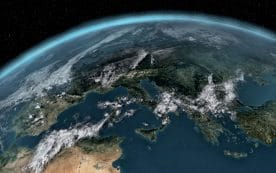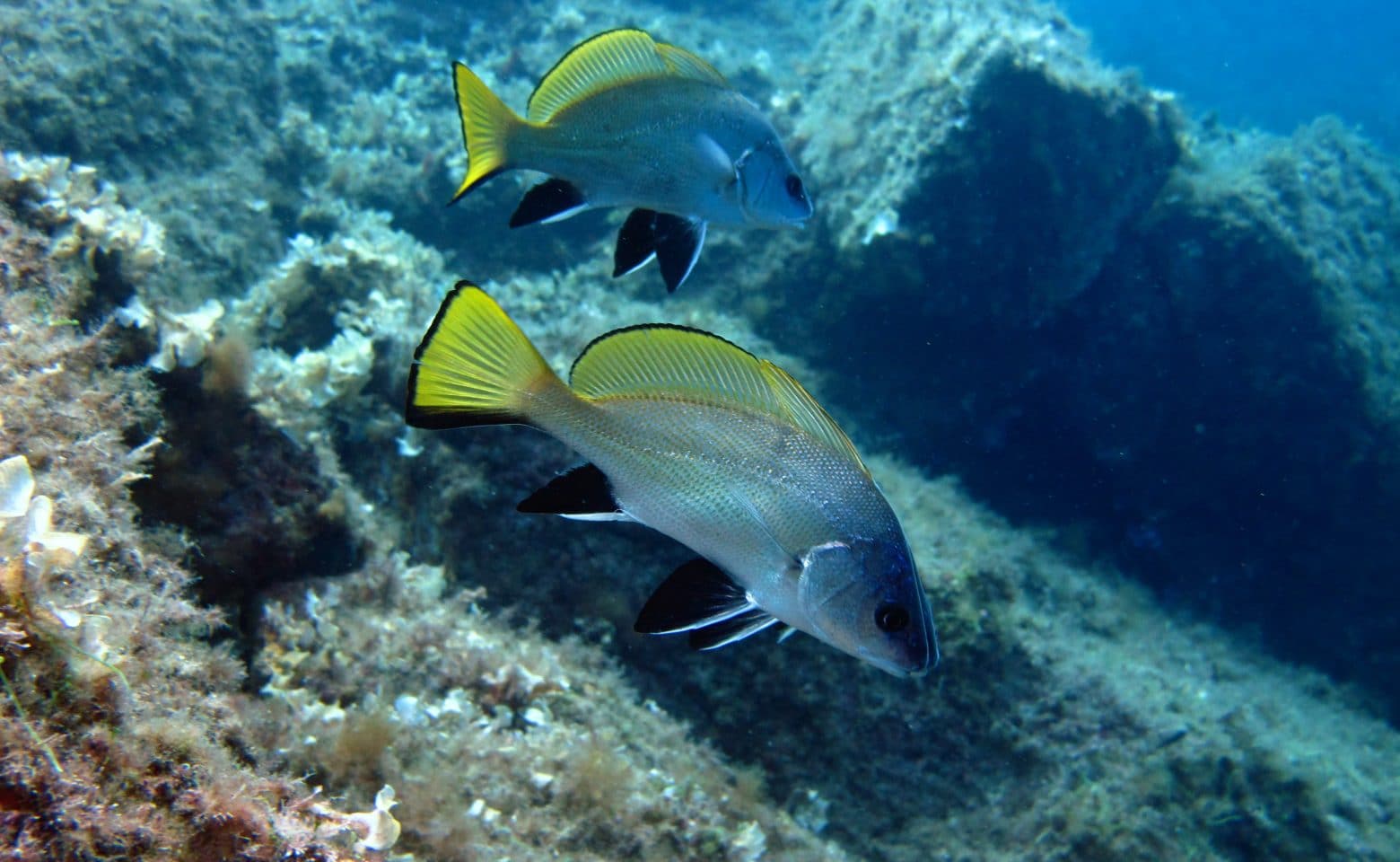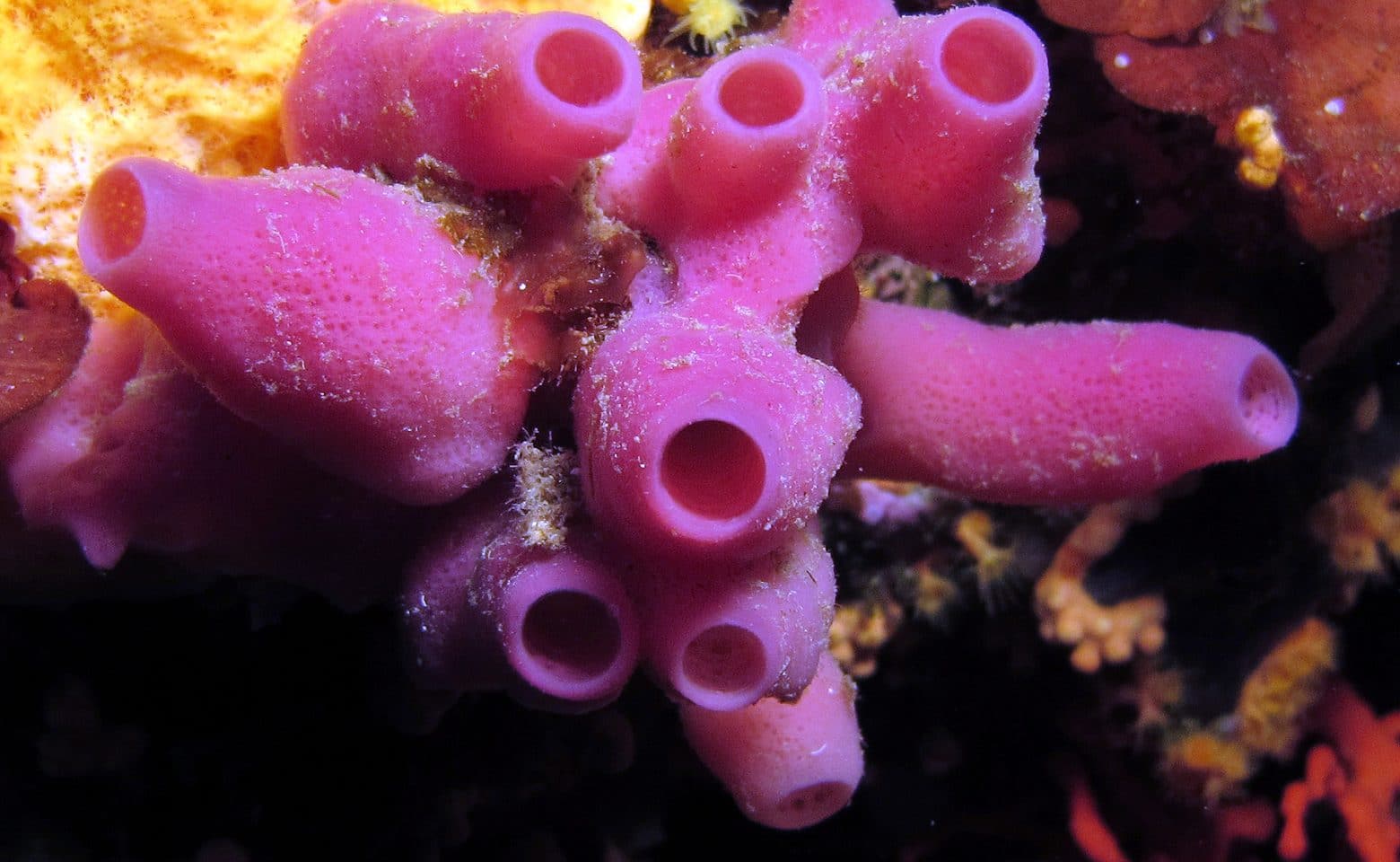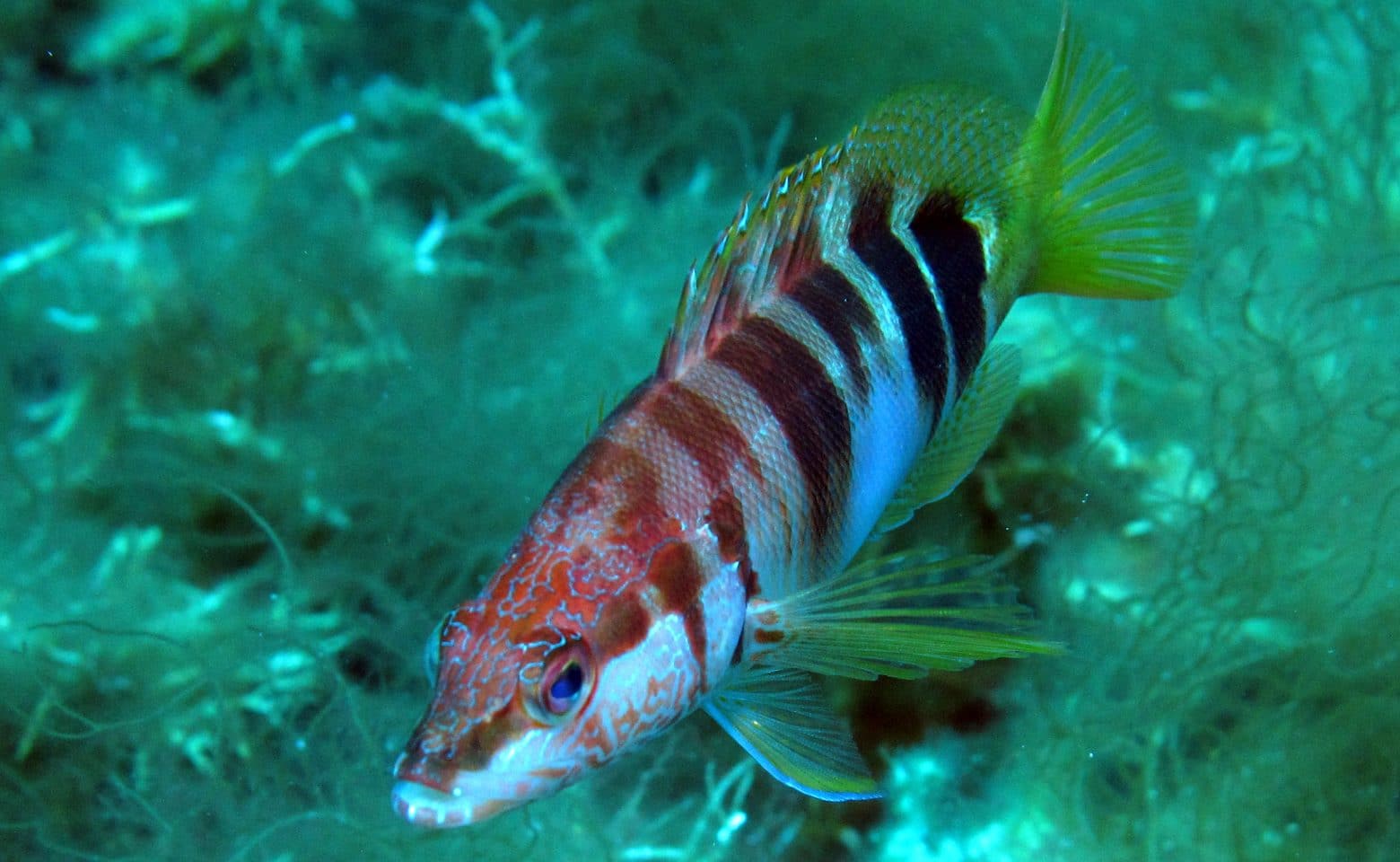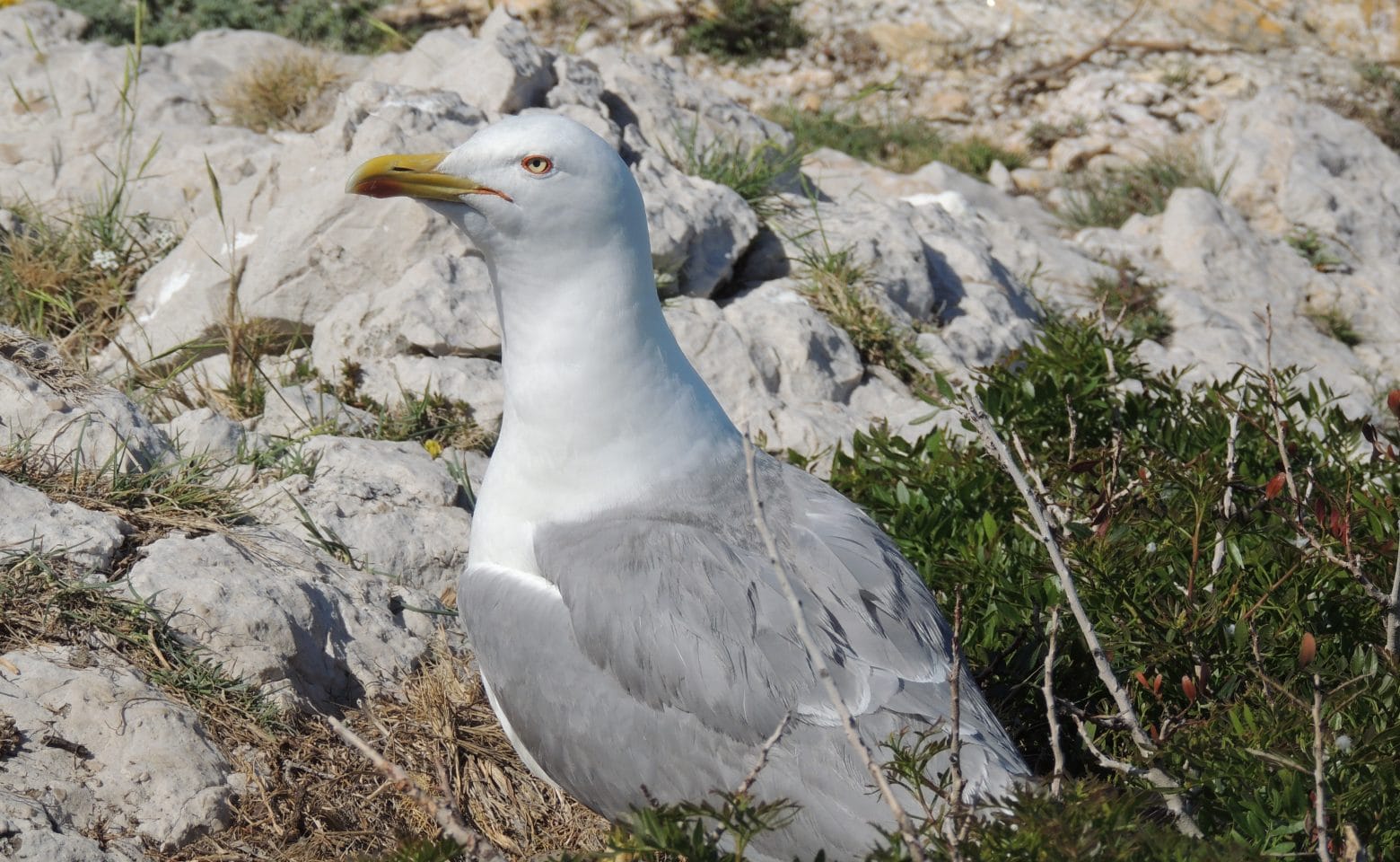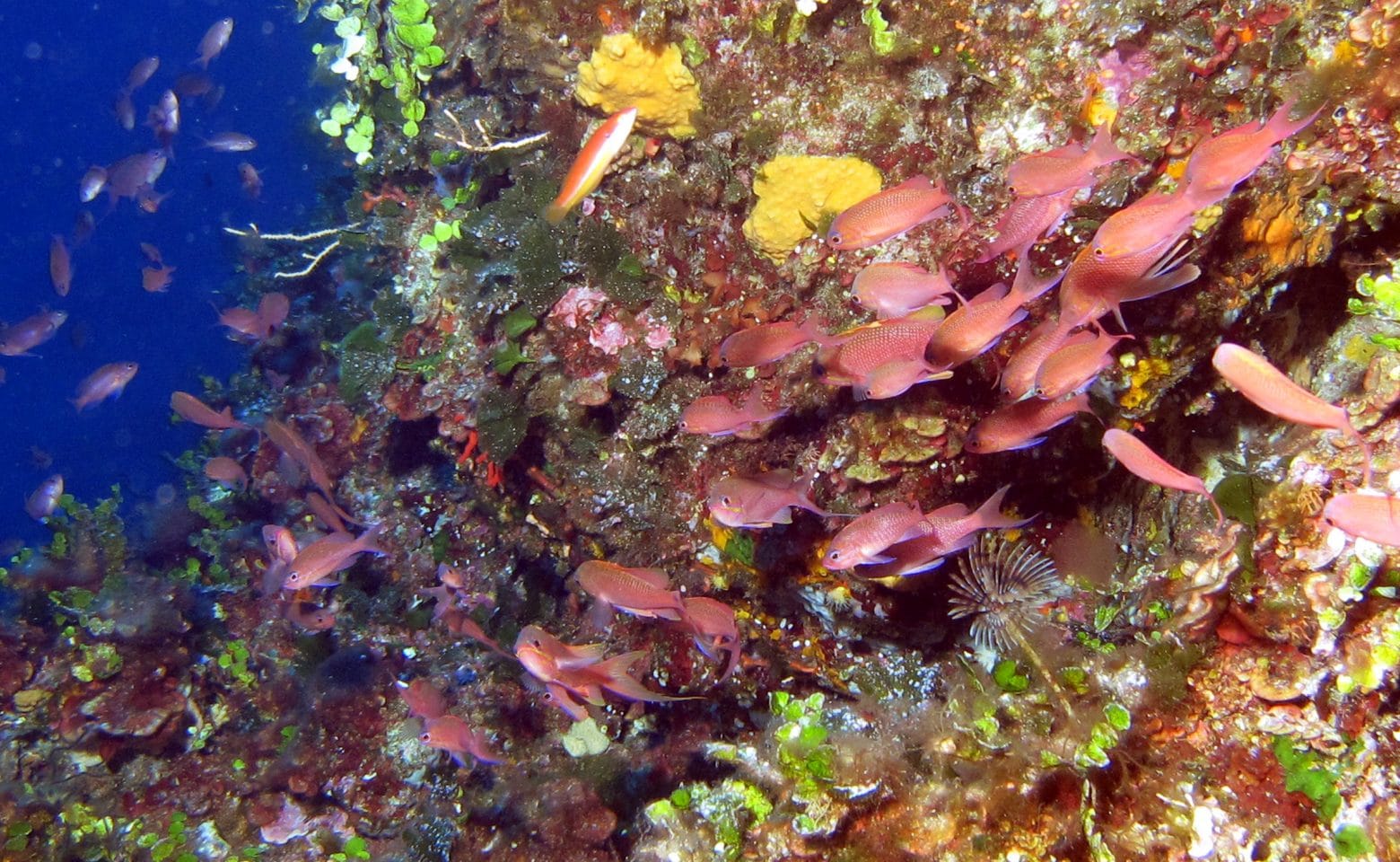The 1992 Convention on Biological Diversity in Rio de Janeiro adopted the following definition of biodiversity: “the variability among living organisms from all sources, including, inter alia, terrestrial, marine and other aquatic ecosystems and the ecological complexes of which they are part: this includes diversity within species, between species and of ecosystems.”
The Mediterranean is one of the world’s 34 biodiversity hotspots identified by the non-governmental organisation Conservation International (CI). While it represents only 0.82% of the world’s Ocean surface, it is a major reservoir of marine and coastal biodiversity. 28% of its populations are endemic species, and its 8500 macroscopic organisms make up 7.5% of the world’s marine fauna and 18% of its flora.
However, as elsewhere, human activities are having a massive impact on biodiversity and creating multiple challenges. Habitats are disappearing, pollution is impacting the physicochemical profile of its waters, fish stocks are under pressure and climate change is driving the spread of invasive species.
If plant or animal species are allowed to disappear, the ensuing loss of genetic diversity, food resources and undiscovered medical or industrial potential will be irreversible. It is however important to bear in mind that biodiversity is always evolving. With climate change, new species are appearing in the western Mediterranean without necessarily creating an imbalance in existing ecosystems.
Today, we have more and more solutions for protecting biodiversity, including protected areas, legislation giving special status to our coastlines or to certain species (like Posidonia seagrass, fan mussels or dusky grouper), wastewater treatment and the restoration of shallow coastal waters.
-
Pinna SPOTResearch programme
The Pinna nobilis fan mussel is the largest shellfish in the Mediterranean, a protected, endemic species and an indicator of environmental quality. The Institute has long been researching this species and our current programmes involve counting and studying population and their genetics.
-
IchTOResearch programme
This project is an inventory of fish in the waters of west Toulon (south of France). The results should provide essential information for authorities about fish stocks in the area and also give us a baseline for monitoring the impact of global trends on the marine environment.
-
PodestatResearch programme
The Calanque de Podestat is in the Calanques National Mark near Marseille. It belongs to the energy company EDF, whose goal is to turn it into a natural laboratory for biodiversity observation and conservation. EDF commissioned the Paul Ricard Oceanographic Institute to perform an exhaustive inventory of the calanque’s fauna and flora. This helps show the calanque’s baseline condition when the Calanques National Park was established and monitor how populations respond.
-
SAR-LABResearch programme
This programme is a comprehensive environmental restoration experiment using the Brusc lagoon in the Mediterranean as a pilot site. The goal is to develop innovative procedures and obtain feedback on how we can favourably influence the environment. SAR-LAB is one of the ways in which we are complying with the Marine Strategy Framework Directive (MSFD).

